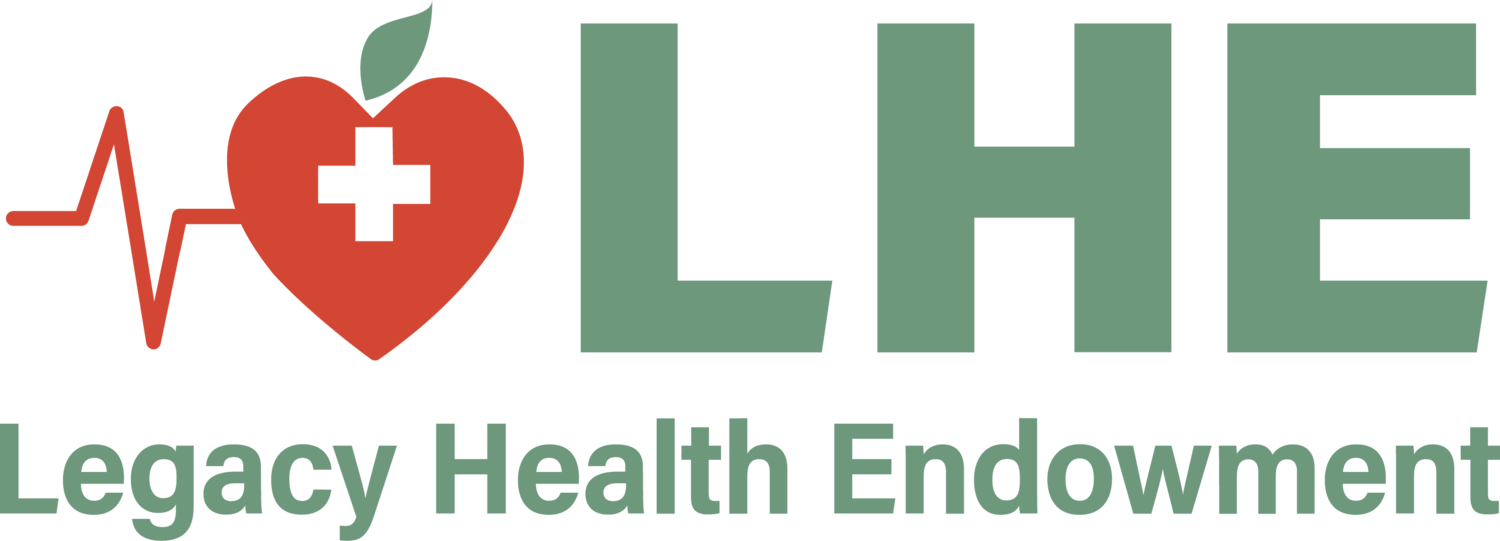Turlock philanthropic partnership offers free medications, prescription assistance
Pratap Anne, a pharmacist and philanthropist, has lived in the Central Valley for more than 17 years. He was born in India but calls the valley home and its residents are neighbors he wants to help.
“When I was dispensing meds, a lot of people wouldn’t want to take the medications because they couldn’t afford the co-pay,” said Pratap, his preferred moniker.
He decided getting medications to people in need was the best way he could help.
He partnered with Legacy Health Endowment, the Dispensary of Hope and Community Health Centers of America to create the CHCA Charitable Pharmacy, which opened in early April as the coronavirus pandemic was taking hold.
It’s the first charitable pharmacy in the Central Valley and one of only a handful in California.
A charitable pharmacy provides free medication to people of all ages who couldn’t afford it otherwise. The CHCA pharmacy is in Livingston adjacent to Community Health Clinics of America, a non-profit clinic that provides services for economically and geographically underserved communities.
In Stanislaus County, unemployment rose from the 5.6% in December 2019 to 8.3% in March 2020 primarily related to the pandemic, according to the California Employment Development Department. In Merced County, unemployment rose to 12.9%.
“At a time in our history when people are recently unemployed and afraid of the unknown, this kind of free program is incredibly important,” said Jeffrey Lewis, President and CEO of LHE and Emanuel Medical Center Health Foundation.
Lewis said the program gets medications to people using charitable dollars, helping to keep them healthy and out of hospitals.
Pratap described an example of an expensive medication called Yupelri, which is an inhaled medicine used to treat chronic obstructive pulmonary disease. COPD is one of the leading causes of death in Stanislaus County and across the Central Valley. This life-saving medicine can cost up to $4,500 every month for people without insurance.
“Working class people don’t qualify for help, but they can’t afford their medicines,” said Pratap, “No one is looking out for them.”
The only requirements to receive free medications are having a valid prescription, an income less than 200% of the federal poverty level and residing in one of the 19 zip codes in Emanuel Medical Center’s catchment in southern Stanislaus and northern Merced counties. U.S. citizenship is not required. Pharmacy clients do not need to be CHCA patients. Narcotic medications are not available.
Medications are obtained from the Dispensary of Hope, a charitable pharmaceutical dispensary. They collect pharmaceuticals directly from manufacturers and distribute them to pharmacies and safety-net clinics to dispense to low-income patients.
Pratap owns seven small, family-style pharmacies in the Central Valley, including Boies Medical Center Pharmacy in Turlock, which manages the CHCA charitable pharmacy.
UNITED SAMARITANS FOUNDATION PART OF OTHER PROGRAM
In addition to the charitable pharmacy, the partnership between Pratap, LHE and EMC Health Foundation joined with the United Samaritans Foundation to offer two other prescription assistance programs to help people struggling to afford their medications.
The Prescription Plus program is designed for people with insurance, including through their employers, but they can’t afford the costs or co-pays.
Steven Rios, marketing manager for CHCA charitable pharmacy, said they are working with United Samaritans Foundation, a non-profit organization because they reach people in need, such as seniors and the homeless.
“This is going to help those who really need it, especially right now with people losing their jobs due to the pandemic,” said Rios.
The third program provides access to insulin for $1 for up to two months to help people with insulin-dependent diabetes, regardless if they have insurance or not.
Incomes less than 300% of poverty, as well as residing in the 19 zip code EMC catchment, are required for both of these programs. However, recipients of MediCal or Medicare Part D are excluded.
LHE is reaching out in English and Spanish to agricultural companies, school superintendents, hospitals, health centers and faith-based and community organizations to get the word out about the programs.
“We are here to help. Don’t think about money, just protect your health,” said Pratap.
For additional information about the prescription assistance programs visit: https://unitedsamaritans.org/ or call 209-668-4853
Here are the zip codes where where residents must live to be eligible for the program: 95301, 95303, 95307, 95313, 95315, 95316, 95322, 95324, 95326, 95328, 95334, 95358, 95360, 95363, 95374, 95380, 95381 (P.O. Boxes only), 95382, or 95388.
This story was produced with financial support from The Stanislaus County Office of Education and the Stanislaus Community Foundation, along with the GroundTruth Project’s Report for America initiative. The Modesto Bee maintains full editorial control of this work.
Read the full article here.

